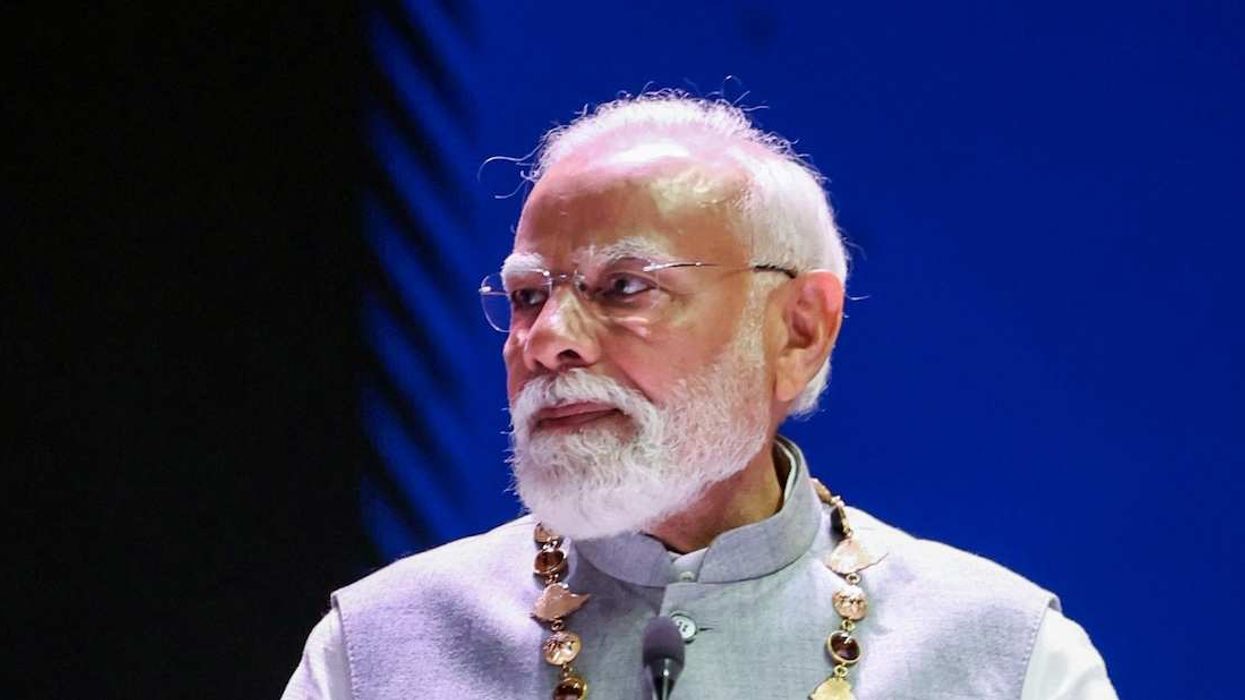In a major policy shift, Meta announced on Tuesday that it is ending its third-party fact-checking program across Facebook, Instagram, and Threads in favor of a community-based moderation system similar to X's Community Notes. The system was set up after Russia used Facebook and other platforms to spread false claims in the run-up to the 2016 US election. Meta partnered with a large network of certified, third-party fact-checkers. The platform's technology would flag possibly misleading posts and send them for review by the fact-checkers, who would investigate and rate the content. If deemed false, this could lead to reduced distribution.
But Meta founder Mark Zuckerberg said Tuesday that the fact-checking was too ineffective and inherently biased. His decision comes nearly 10 years after Meta began its era of content moderation following criticism over the company’s role in Trump’s 2016 victory.
Zuckerberg has been accused of making the change to appease Trump. While the US president-elect has threatened to send Zuckerberg to prison for “the rest of his life” in the past and Meta is facing an antitrust trial in April, Eurasia Group’s geo-technology expert Nick Reiners says Zuckerberg is actually acting “on his political beliefs,” which he says are “probably closer to Elon Musk’s than Nick Clegg’s.” Clegg, Meta’s longtime global policy chief, has been replaced by Joel Kaplan, a prominent figure in Republican circles. The company also appointed UFC’s Dana White to its board on Monday.
In other words, the political tide is changing toward free speech and away from content moderation, and Zuckerberg is happy to ride the wave.
What will be moderated now? Zuckerberg said that the company will continue moderating “high severity violations” or content related to drugs, child exploitation, or terrorism. But it will curtail its regulations of political content and stop labeling misinformation.
Global implications: Zuckerberg said that he would “work with the Trump administration” to push back on governments with stricter content moderation laws. Reiners says that Meta likely wants to “have Trump in his corner” to fight for him against the EU, where laws like the Digital Services Act and the GDPR have hurt the company’s profits.
“It’s one thing to change your policy within the US,” says Reiners, “but Zuckerberg is joining forces with Elon to try to impose their norms on the rest of the world.”
Want to hear Ian Bremmer's take? Watch here.



















